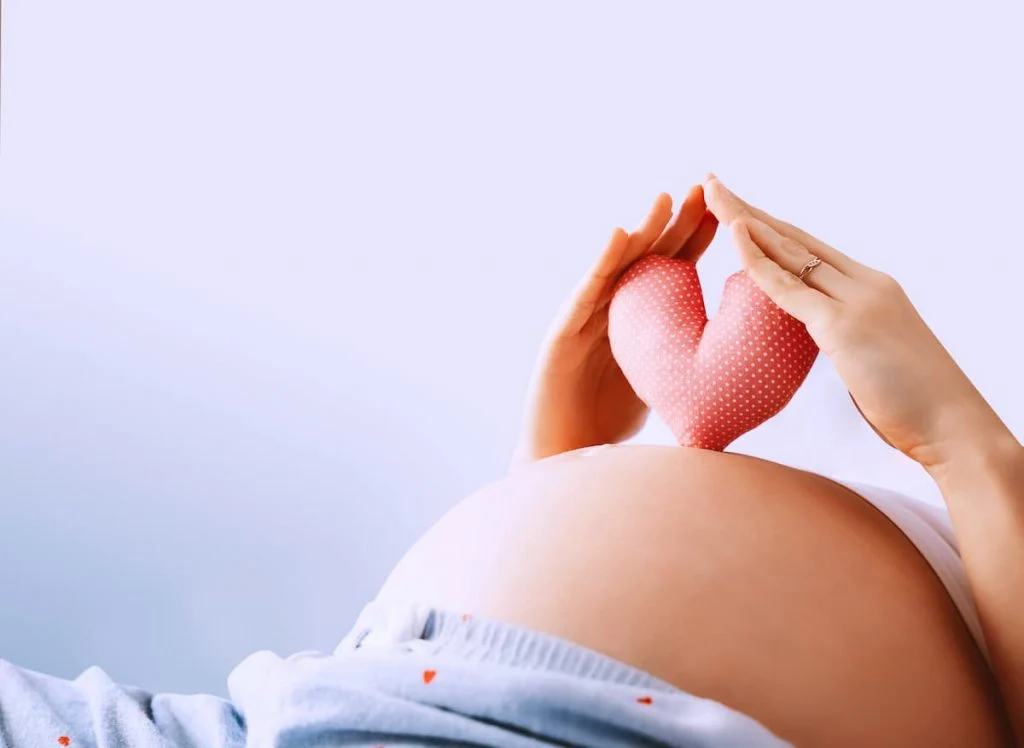Most of the memories from my daughter’s first year are a jumbled blur. What I do remember feels more like watching a movie without understanding the plot. I struggle to connect with the characters, and all the joyful moments seem to have been edited out. Those are the lingering effects of postpartum depression, a 16-month battle that I never anticipated.
Yet, amidst the fog, a few standout moments remain: the first time my daughter cooed, her first laugh, and that adorable toothless grin that I long to see again. I also remember the first time I cried—a moment that marked the beginning of many shared tears between us.
Ironically, I didn’t shed a tear during labor or delivery; nothing. But once my little one arrived, the floodgates opened. I cried in the hours, days, and weeks that followed, overwhelmed by a cascade of emotions. I remember crying because I couldn’t calm her, and then crying because of the physical pain I was in. Laundry and kitchen duties became triggers for tears, and I found myself wandering the aisles of Walgreens in a sleep-deprived daze, tears rolling down my cheeks for no apparent reason.
But the hardest moment wasn’t a memory; it was a feeling. It was the dark thought of leaving—a desire to abandon my daughter, my husband, and my entire family. Four months postpartum, I was so lost that death felt like an option, a way to escape the suffocating sadness. Divorce, too, seemed appealing. I imagined running into traffic or simply fleeing.
One autumn day, with tears streaming down my face, I kissed my daughter and husband goodbye, convinced it was for the last time. Thankfully, I returned home shortly after, and mustered the courage to tell my husband something was terribly wrong. I confessed my sadness, my anger, and my fleeting thoughts of leaving, and he immediately stepped in to help. He supported me through my darkest moments, but still, I yearned to escape—not this life, but my marriage.
Why? Honestly, I’m still not sure. Three years later, I still grapple with that question. I resented his seemingly unchanged life—he went to work, enjoyed outings, and even showered daily while I felt like I was drowning. I was furious about the bond he shared with our daughter, wishing I could experience that kind of love without the weight of my despair.
Before long, bickering turned into arguments, which spiraled into fights. We both retreated into silence. The love I felt for them was immense, yet as my postpartum depression deepened, my capacity to love faded. I was consumed by darkness, anxiety, and a sense of desperation.
The irony is that we didn’t talk about it. My husband and I avoided discussing my mental health and the crumbling state of our marriage. We opted for casual conversations about movies or the weather—anything but the real issues at hand. We were both terrified.
The silver lining? With individual and couple’s counseling, we managed to pull through. Today, I’m grateful to say that we’re in a better place. However, many couples don’t make it, especially when postpartum or perinatal mood disorders complicate the already challenging transition to parenthood. According to sources like Postpartum Progress, the first year after having a baby is often the toughest for relationships.
So, how do you safeguard your marriage during these turbulent times? To be honest, I don’t have all the answers. But I do know that it’s crucial to remember the good days—the joyful moments that once defined your relationship. Treasure those memories while reaching out for support. Sometimes, just holding on is all you can do.
For more insights on navigating the complexities of parenthood, check out this article or learn about at-home insemination kits from Make a Mom. If you’re interested in understanding the process of artificial insemination, this Wikipedia page is an excellent resource.
Summary:
Jessica Lane shares her harrowing journey through postpartum depression, detailing how it nearly fractured her marriage and her mental health. Despite the darkness, she emphasizes the importance of seeking help and remembering the joyful moments in a relationship. With counseling, she and her husband found their way back to each other, reminding readers of the complexities that come with new parenthood and mental health challenges.
